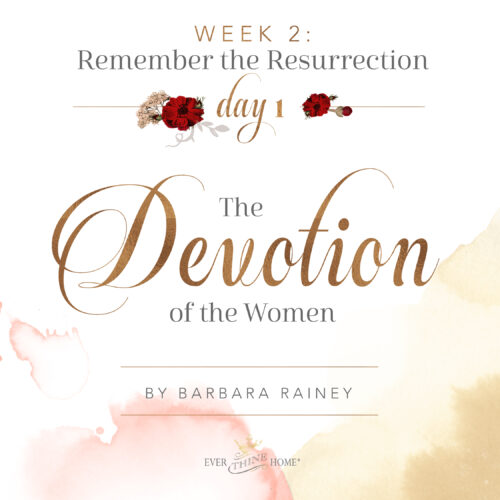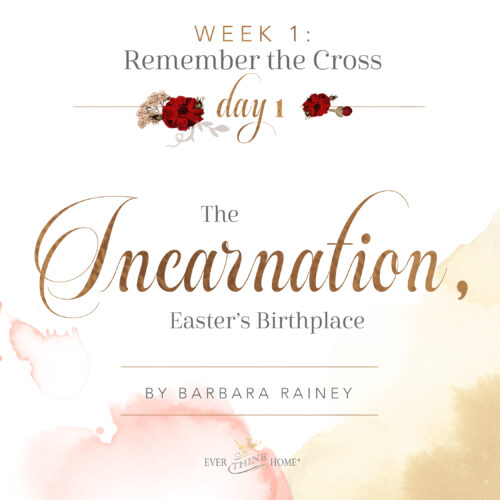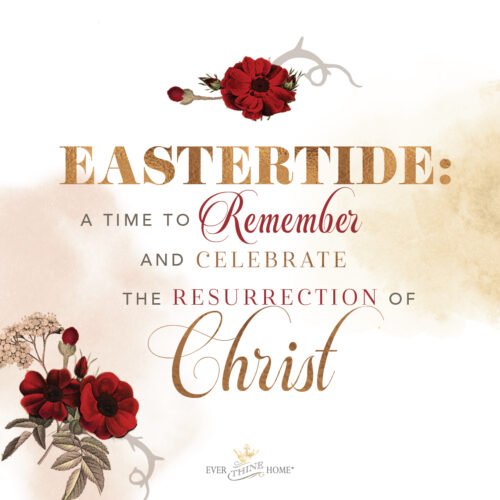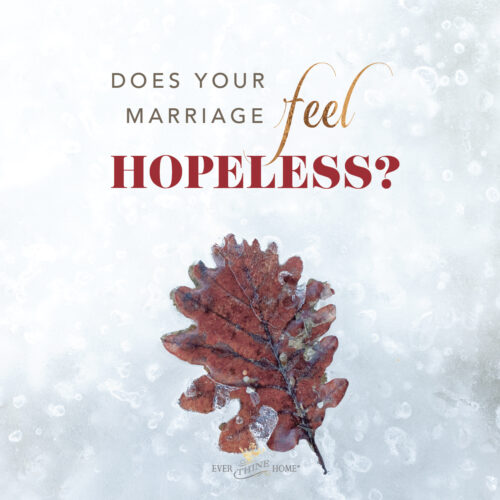
I have only flown first-class twice, and in neither case did I pay for the premium seats. I was bumped one time because I was flying with someone who was a diamond/platinum/other-fancy-metal frequent flyer, and the other time because my wife, Stephanie, was pregnant. I won’t pay for these upgraded seats for two reasons—I’m too cheap, and they don’t get me to my destination any quicker. But I can say that flying first class was pretty awesome, especially on the flight that was 3+ hours.
I think a lot of people might say they expected (or currently expect) marriage to be like flying first class. I know that I have felt that way. And Stephanie and I actually started our relationship in first class. It was easy, comfortable, and relaxing. We couldn’t understand why so many people were jumping out of the plane, or yelling at each other back in the coach section. A lot of people appeared to be miserable with each other, and we couldn’t understand why. Life was great for us, until it wasn’t.
When our hopes and dreams came crashing down, we quickly realized why so many people gave up on marriage. We lost hope. We felt at odds with one another. We were asking questions like, “Are we right for each other?” and, “Now what do we do?”.
Marriage is really really hard. And it was so much harder when we expected it to be a comfy seat in first class on a plane from life on earth to life in heaven. This expectation leads to a lot of disappointment and feelings of hopelessness. There are many things we need to keep pushing forward in life and marriage, but we cannot live very long without hope.
Hope is a funny thing (or “a dangerous thing” as Red puts it in the movie The Shawshank Redemption. What we often define as “hope” is probably more in line with fantasy or blind optimism than it is the hope that we see described in the Bible. There are two words in the Hebrew language that translate to the English word “hope.” Both of these words (“yakhal” and “qavah”) have to do with the concept of waiting.
To hope is to wait. To hold the tension (“qavah”) of what is not yet here but is close. To anticipate (“yakhal”) the glory of what is to come. The best marriages I know are those that place their hope on the only One who can handle all of it. All the pain, losses, unfulfilled desires, and every longing. That person is not your spouse, and you are not that person for your spouse.
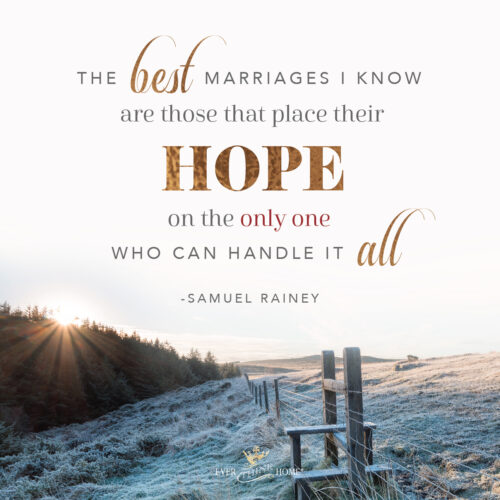
We need hope
As I write this, it is the middle of December. It’s the church season of advent. I love the four weeks of advent because it is the closest experience of hope that I have all year. Yes, Christmas morning is great with presents, surprises, and joyful kids (mostly). But that is just a small part of the hope that comes from this season.
We hope (wait) expectantly for Christmas morning. To celebrate Jesus’ birth, and to anticipate His second coming. Hope without this sense of anticipation of what truly is to come is nothing more than a cheap fantasy that we can have all our desires met here on earth.
You might feel hopeless in marriage because you’re not really engaged with hope.
When Stephanie disappoints, hurts, or offends me, it is a reminder that she is not my savior. Whether she knows it consciously or not, she often reminds me of my need for a savior. And to be honest, I don’t respond well very often. I feel anger and resentment when she gets in my way and doesn’t fulfill all of my needs. One of the best gifts I can give to her is to not punish, retaliate, or rule over her when she hurts or disappoints me.
Over more than 20 years of marriage, one of the most comforting experiences of my life is the two of us waking up day after day aimed at doing better than the day before. But it wasn’t always that way. We’ve had to fight hard to develop that kind of relationship. We’ve done a lot of work together, and there is still more to do.
Relationships need attention
When I am at work, I often hear, “I just want to be happy and live in peace” when asking people what they desire in their marriages. Generally this is a reaction to the growing disconnect and conflict that exists between husband and wife. However, when you don’t do both maintenance and repair work on the relationship, it will decay and break down. This is a truth of the material world as much as it is for relationship the relational world. Relationships don’t survive without attention.
Cleaning up and fixing something that has been neglected for a long time takes more energy and effort than the time it would have taken to maintain it. In relationships, if you do not spend the time proactively working and engaging the faulty issues in your marriage, when it comes time to “fix it” it’s going to feel overwhelming. Perhaps even hopeless.
This overwhelming feeling, coupled with the everyday needs and demands of life, make it even more difficult to find the courage, energy, and hope to dig out of the mess. If you’re at this place of hopelessness in your marriage, consider these questions as a starting place to begin the repair:
- Who is the subject of your hope?
- What are you waiting for?
- How are you handling the tension of your hopeful waiting?
- How can you help serve the hopelessness your spouse might be feeling?
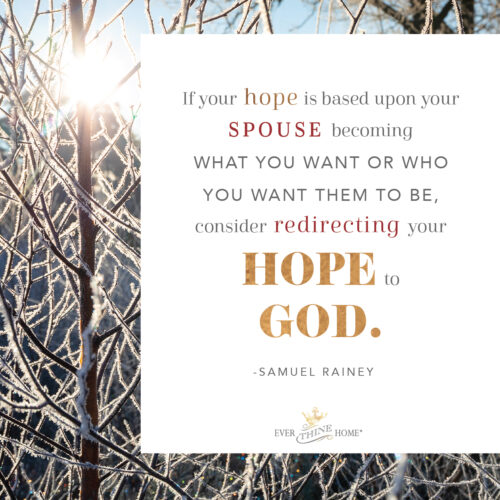
Bringing hope back
If your hope is based upon your spouse becoming what you want or who you want them to be, consider redirecting your hope to God. Marriage counseling with a professional can be a great way to explore the specific repairs that your relationship needs. If you’re unable to meet with someone, consider these suggestions as a place to begin.
Ready to get started bringing hope back into your marriage?:
- Do go on regular dates with your spouse.
- Do monthly budget meetings to review and plan financial concerns and needs.
- Do yearly/bi-yearly marriage enrichment activities (counseling, retreats, etc.).
- Do something together that you are both passionate about.
- Do tell your spouse what you like, love, and admire about them.
- Do keep your screens (television, phone, computer, tablet) turned off at least two nights per week after 8 p.m.
- Do practice non-sexual touch without it leading to sex.
- Do not blame your spouse for anything, ever. Own your actions. Let God deal with your spouse’s actions.
- Do not use the word “divorce” unless you are filing.
- Do not let your life become consumed with work, alcohol, social media, video games, food, or the TV.
- Do not hide behind your kids’ activities to avoid conflict.
- Do not use your kids to fulfill your loneliness.
Reflections from Psalm 40
While these suggestions are all key principles for a healthy marriage, they won’t matter much if your hope is not in its proper place.
I have been reading Psalm 40 quite a lot over the last six months as I engage in my own process of waiting. Lately I’ve been reading it by half-verse. It’s made me wonder how long this process of waiting and response took for David. I’m guessing a lot longer than he wanted, and a lot shorter than it could have been! In closing, here are some reflections and wonderings for you about this passage on hoping and waiting for God:
Psalm 40:1a: “I waited patiently for the Lord”
Just sit with this part of the verse for a moment. Wait with this verse. David waited patiently. With hope. With anticipation. With faith that God would indeed come. And he does. And I wonder: What are you waiting patiently for?
Psalm 40:1b: “He turned to me and heard my cry.”
God turned towards David and heard his plea for help. The first act from God is to hear. To turn towards. At this point, David is probably still waiting patiently for something to be done even though God has already done something by turning towards David and hearing him. And I wonder: How have you missed God turning towards you and hearing your cry of help?
Psalm 40:2a: “He lifted me out of the slimy pit, out of the mud and mire”
God acted again, probably beyond what David hoped for. He lifted David out of the mess, but the mess was still there. And I wonder: What mess is God lifting you out of that you need to clean up?
Psalm 40:2b: “he set my feet on a rock and gave me a firm place to stand.”
God has now acted three distinct ways in response to David’s plea for help. He gave David stability on the rock when he had none for himself. This firm place gave David the ability to not worry about where he was standing so that he could attend to more important matters. And I wonder: What rock has God set your feet on?
Psalm 40:3a: “He put a new song in my mouth, a hymn of praise to our God.”
In this fourth act from God (4!) we see the focus change from God and David to David and his relationship with his community, his people. A hymn of praise to our God suggests that others will benefit and join in with David. And I wonder: Who needs to hear the new song God has given you and what you’ve been waiting for?
Psalm 40:3b: “Many will see and fear the Lord and put their trust in Him.”
A new song of praise for what God has done in David’s life will turn the hearts of many towards God. David had to ask, wait patiently, let God do the work only God could do, and then go and tell others about this work. The result? More people with more new songs to sing. And I wonder: Who around you is singing new songs to point you towards faith in and fear of God?
In the end, I believe we will all have to answer a question like this from God: “How was it for you hoping and waiting for me?”
With your request, God’s help, and your faithfulness to respond, no relationship is beyond repair. I have seen couples dealing with multiple layers of betrayal, lies, and brokenness work minor miracles on healing their relationship. On your wedding day, your spouse the right one for you. Don’t buy into the lie that there is someone better out there for you. If you’re willing to do the hard work, your hope can be restored.


